Top Banks in Russia
Russia's economy is ranked eleventh in the world regarding the gross domestic product (GDP).
Russia's economy is ranked eleventh in the world regarding the gross domestic product (GDP). However, with the world's largest nuclear arsenal and the fourth-highest military spending, it is undoubtedly a major world power.

Russia has the world's largest mineral and energy resources and is a major oil and natural gas producer. It is also a founding member of the CIS, the CSTO, and the EAEU and a permanent member of the U.N. Security Council.
Banking in Russia is heavily regulated, as banks in the Russian Federation must comply with mandatory Russian legislative and regulatory requirements and innumerable Bank of Russia guidelines and regulations.
The banking industry is a critical aspect of the financial system. Credit institutions perform settlements, ensure the safety of clients' funds in bank accounts, and convert these funds into economic loans.
There are 329 active banks in Russia, 227 with universal licenses, 102 with basic permits, and 34 non-bank financial firms.
In Russia, almost 28,500 mergers and acquisitions were reported between 1985 and 2018. This adds to a total worth of about 984 billion USD or 5.456 billion RUB.
In terms of value, 2007 was the busiest year, with 158 billion USD in transactions, while the number of transactions topped in 2010 with 3,684. However, since 2010, the value and volume of transactions have steadily fallen, and another boom in M&A is predicted.
Banking industry
The Russian banking sector stands out for having a sizable number of credit agencies and a high level of capital concentration.
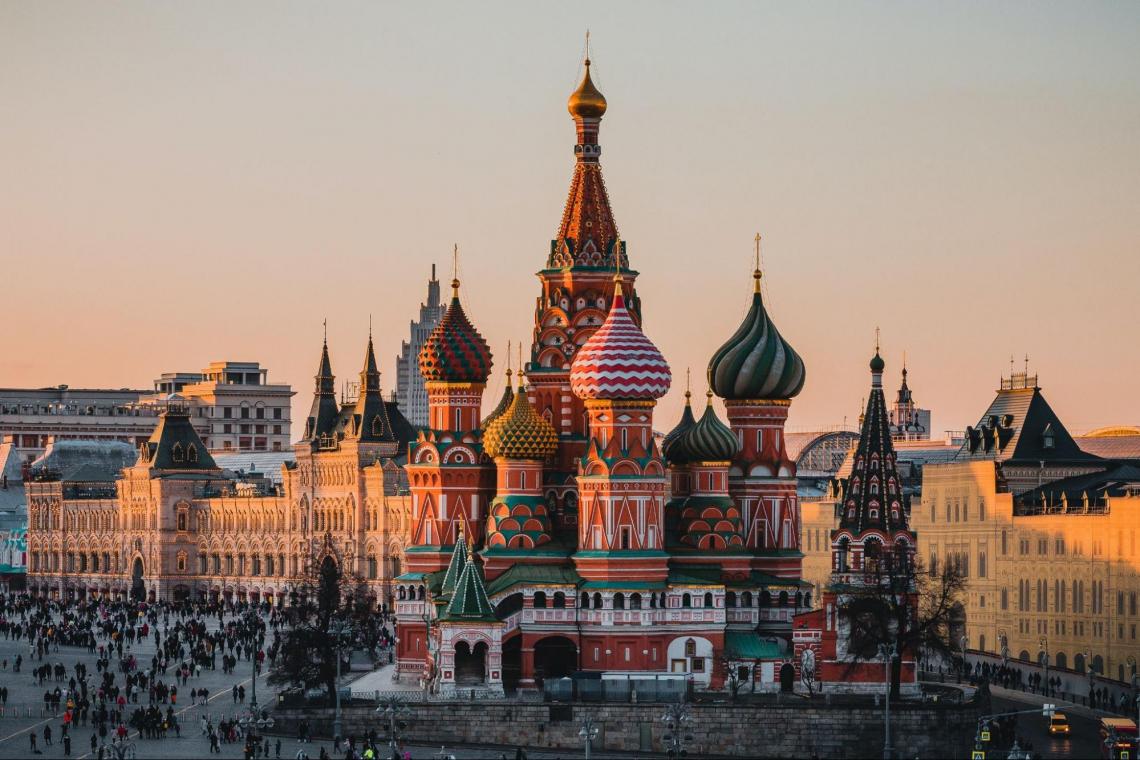
The policy of the Central Bank was largely focused on adopting economic support measures for both enterprises and individuals, as well as aiding the banking industry, due to the COVID-19 pandemic in 2020.
Aiming to consolidate them and strengthen monitoring of their activities in the current economic climate, the CBR simultaneously continued its objective of decreasing the number of credit institutions.
At the beginning of 2021, the top five banks in Russia had 60.6% of the banking industry's total assets. State-owned banks continue to affect the stabilization and expansion of the financial sector significantly.

The CBR oversees the financial markets in it. Within the government, it possesses complete economic and legal independence. It comprises the main office in Moscow, which houses the National Banking Council and the Board of Directors, and several regional offices and local divisions.
The CBR has the authority to enact regulations that must be followed while conducting banking and currency operations, and it is tasked with enforcing banking activities following the Banking Law.
The CBR aggressively utilizes its power and has created an in-depth body of regulations on crucial subjects such as capital and net worth requirements, mandated financial ratios and reserves, currency control, and loss provision.
The Top Banks in Russia
Banks may carry out a wide range of diverse financial processes and services. However, for non-banking credit institutions, only a limited number of banking operations are allowed, such as managing accounts and processing transactions on behalf of several companies.

Credit institutions may also provide securities in return for cash payment on third-party commitments outside the banking industry. On top of this, they have the ability to:
- Accept delegates of the ability to get monetary compensation.
- Implement authentication procedures for money and other assets owned by individuals and legal entities.
- Take part in operations involving precious metals and coins manufactured of such metals.
- In addition, individuals and businesses can rent out dedicated spaces and safe deposit boxes.
Some of the leading banks are:
Sberbank
Sberbank began in 1841 when Russia established a network of state-owned savings banks. It was still the largest bank as of September 2021, accounting for $543.1 billion, or over one-third of the assets in the financial sector.
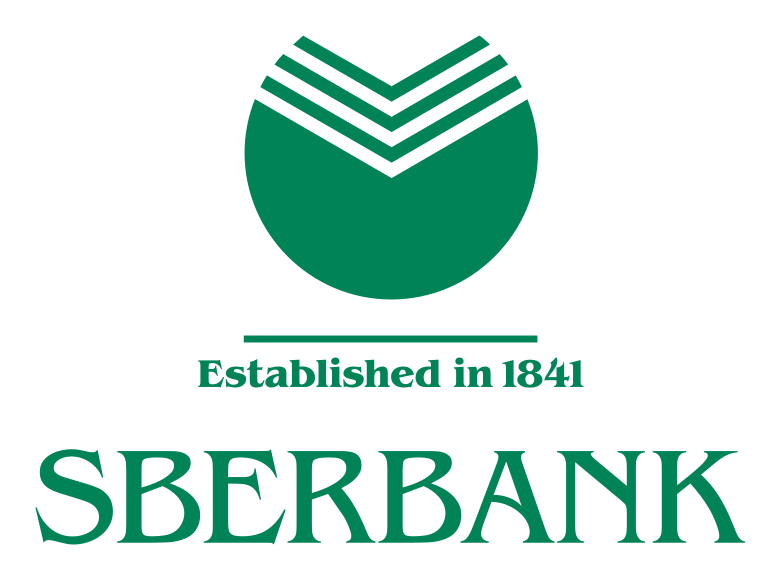
About half of Sberbank's savings and credit card accounts are owned by the 110 million retail consumers. Government ownership of Sberbank, which it bought in 2020, is a little over 50%. The Sberbank shares are traded on the Moscow Exchange.
It employs around 278,165 people and is responsible for 11 regional banks, 79 regional bank branches, and 14,162 branches. It provides services to 145.6 million people and is present in 22 other countries.
Sberbank was designated as "uniquely essential to the economy" by the U.S. Treasury in February 2022 when it forbade U.S. financial companies from processing Sberbank transactions in retaliation for Russia's invasion of Ukraine.
However, the U.S. Treasury did not completely blockade other well-known banks.
VTB Bank
VTB, the second-largest bank, and another majority-state-owned institution, was created in 1990 as Vneshtorgbank (Foreign Trade Bank). The government owns 92.2% of the bank's stock, including 60.9% of its common stock.

At the current currency rate, assets reached $278.9 billion as of December 31, 2021. The Moscow Exchange lists 17 VTB shares. One of the major commercial banks and a participant in the OECD is Sberbank.
Corporate-investment banking, mid-corporate banking, retail business, treasury, and other businesses comprise the bank's five business segments. It has its headquarters in Moscow and employs over 77,000 people.
In addition to 13 bank subsidiaries, three representative offices, two VTB branches, and two VTB Capital branches abroad, VTB currently manages 40 full-service units in the country.
In February 2022, the U.S. Treasury slapped total blocking penalties on VTB, which included freezing the bank's U.S. assets and its exclusion from the international financial system. According to the U.S., the penalties would "harm a major artery of the financial system."
Gazprombank
Gazprombank, the third-biggest bank by assets, was established in 1990 to offer financial services to the energy sector by the country's largest natural gas producer, Gazprom.
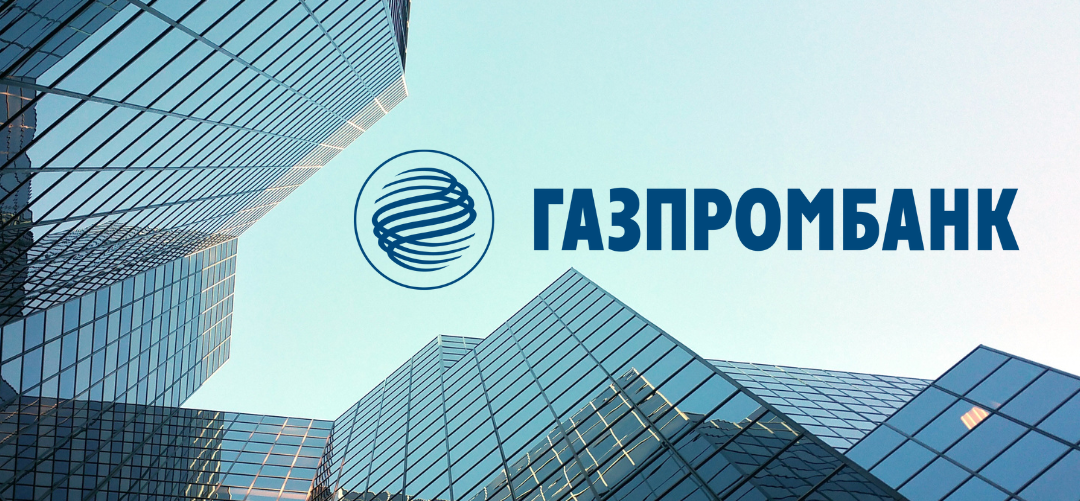
Gazprombank reported assets at year-end 2020 of 101.8 billion dollars at the current currency rate. Five million private customers and over 45,000 business clients are served by it, which is based in Moscow.
Most bank owners are Gazprom and affiliated companies, notably the pension fund for Gazprom. While it may be concentrated on funding the energy industry, Gazprombank has also increased its lending to other facets of the economy.
The U.S. Department of the Treasury forbade American companies and citizens from participating in any financing deals for Gazprombank beginning in February 2022, except loans with a maturity of 14 days or less.
The bank operates a network infrastructure of 43 branches and over 260 banking platforms across the Russian Federation. GPB also owns stakes in three other Russian banks.
Furthermore, Gazprombank has a presence in the Belarusian and Swiss markets through shareholdings in two foreign banks: Belgazprombank (Belarus) Ltd. and Gazprombank (Switzerland) Ltd. Gazprombank also has offices in Mongolia, China, and India.
Alfa-Bank
Regarding assets, Alfa-Bank is the largest privately held financial institution and the fourth-largest overall. As of year-end 2021, assets amounted to $75.9 billion.
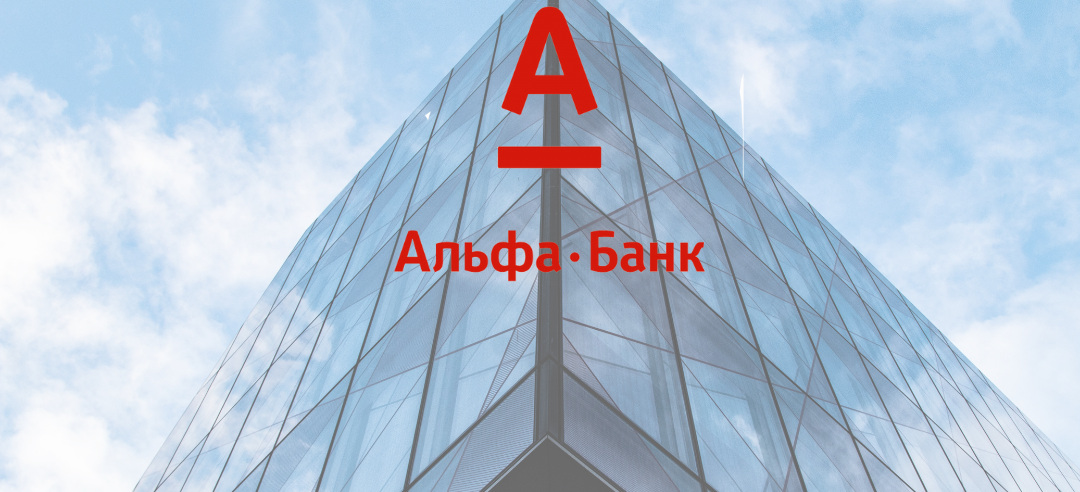
The biggest private bank is Alfa Bank, which was founded in 1990. Eight hundred twenty-five branches are under the bank's management nationwide. Its headquarters are in Moscow, and it has about 1,500 workers.
Corporate and retail loans, deposits, payment and account operations, foreign currency exchange, cash management services, custodial services, wealth management, and other ancillary services are among the financial products and services it offers to corporate and retail clients.
Additionally, in February 2022, the European Union and the United States placed restrictions on Alfa Bank's ability to raise money overseas while excluding it from the full scope of the sanctions imposed on VTB and several other banks.
Alfa-Bank actively develops cultural and educational initiatives, focusing on promoting national art.
The Russian Federation's Ministry of Culture and Alfa-Bank inked a collaboration agreement on June 7, 2000, committing both parties to plan collaborative cultural events and creative endeavors. Additionally, Alfa-Bank organizes concerts and exhibits featuring cultural icons overseas.
Promsvyazbank
Promsvyazbank was established in 1995 by brothers Dmitry and Alexei Ananyev, who had previously worked as telecom technology entrepreneurs.
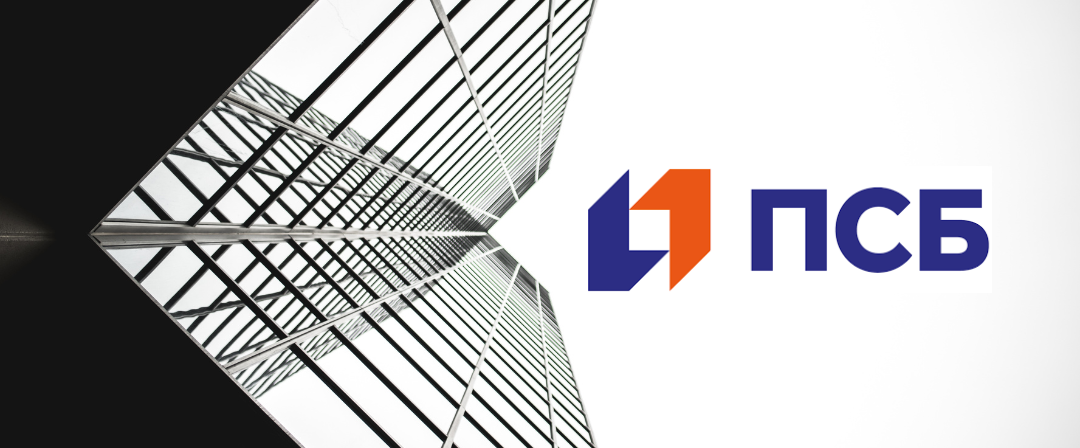
In 2015, several acquisitions helped the company become one of the fastest-growing banks. In the process, it attracted sizable minority interests from the European Bank for Reconstruction and Development and Germany's Commerzbank AG (CBK).
Promsvyazbank was taken over by the Central Bank in 2017 after allegations of financial irregularities, and a Russian court later found the Ananyev brothers guilty of embezzling in their absence.
When the central bank gave the government ownership of it in 2018, Promsvyazbank became a lender to the military sector. From his exile in Cyprus, Dmitry Ananyev has claimed that Promsvyazbank's takeover was motivated by finance for the defense sector.
Using the current currency rate, Promsvyazbank's assets reached 53.5 billion dollars as of the year's end in 2021.
Promsvyazbank was subject to complete blockade sanctions from the United States in February 2022. In addition, in March 2022, Promsvyazbank and six other banks were denied access to the SWIFT messaging system for international bank transactions by the European Union.
The Russian Agricultural Bank
Systems for producing food in modern businesses require a lot of cash. Consequently, borrowing makes up a sizable amount of the capital employed in agriculture.

The first specialized banks, the "Peasant Land Bank" and the "Gentry Land Bank," were founded in 1882, and this marked the beginning of Russia's agrarian credit system. During the Soviet era, agriculture received nearly 90% of all long-term loans.
The Russian Agricultural Bank (RusAg) was established on March 15, 2000, by special decree of Vladimir Putin, the Acting President of the Russian Federation, with the mandate to direct state credit and financial policy in the agribusiness sector.
It facilitates strong client performance, invests in the core businesses and technology, and serves as the foundation of the country's credit and financial system.
As of September 30, 2021, assets were worth 53.5 billion dollars at the time's standard currency rate.
The U.S. constrained the Russian Agricultural Bank's capacity to raise funds in February 2022, although complete blocking sanctions were not imposed.
It was not listed among the seven banks that the European Union has banned from using the SWIFT messaging system.
Rosbank
The 1993-founded Rosbank is mainly controlled by the global banking conglomerate Société Générale. The bank offers custodial, investment, and commercial banking services.
Its three primary operating segments are retail banking, corporate banking, and Treasury and Financial Institutions.
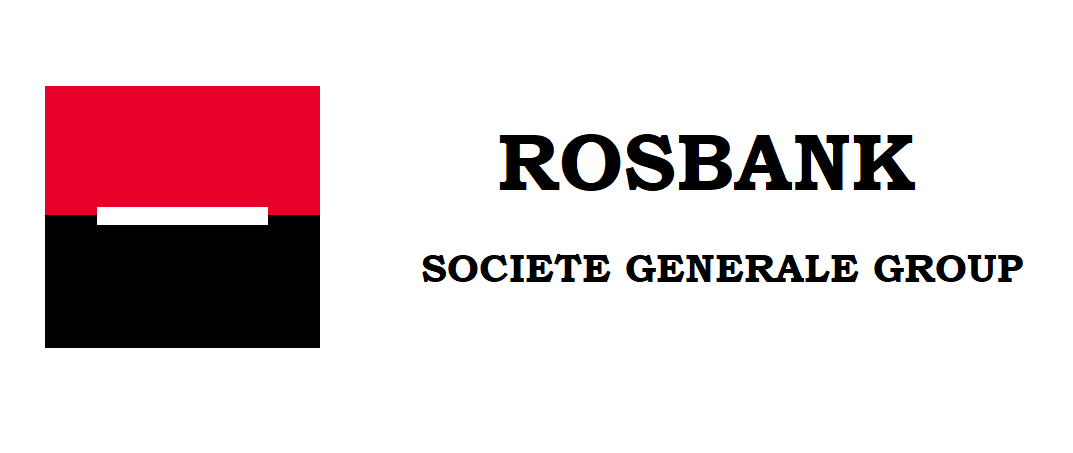
It has a Moscow headquarter, manages ten offices in 340 cities and towns, and employs about 18,300 people. The shareholders of Rosbank approved the consolidation of the Russian assets.
Societe Generale, Rosbank, Bank Société Générale Vostok, and two more companies, DeltaCredit and Rusfinance Bank, were merged in February 2010. Rosbank wholly acquired Rusfinance and DeltaCredit in January 2011.
As of July 1, 2019, Rosbank acquired the "Rosbank Home" section of the former independent DeltaCredit mortgage bank. In addition, Rusfinance, Russia's market leader in vehicle loans, was incorporated into Rosbank on March 1, 2021.
It was renamed "Rosbank Auto" and became a part of Rosbank. In addition, the financial giant Société Générale announced the end of its banking and insurance operations in Russia in April 2022.
Raiffeisenbank
After acquiring Russia's Impexbank in 2006, it was created in 1996 as Raiffeisenbank Austria and has since grown.

The bank first opened a branch in St. Petersburg in 2001. Subsequent additions followed in Samara, Yekaterinburg, Novosibirsk, and Krasnodar in 2005 and 2006, respectively.
The bank started building a digital presence in 2018 to serve consumers without physical locations. In 2019, there will be 109 cities with virtual offices for Raiffeisenbank. By 2021, the number had increased to 300 cities with a digital presence.
In 2006, Raiffeisenbank bought all of JSC "IMPEXBANK's" shares. They merged a year later under the consolidated identity of Raiffeisenbank CJSC, and Raiffeisenbank became the largest bank in Russia that accepts foreign capital.
The cost of risk for 2020 was 1.2%, while the CIR indicator, COST to Income Ratio, was 37.8%. After paying taxes, the profitability of capital was at 21.7% at the end of 2020, while the percentage of impaired loans stood at 3.5%.
Forbes' American edition named Raiffeisenbank as Russia's top bank in 2021.
UniCredit Bank
UniCredit Bank, a division of UniCredit S.p.A., has its main office in Moscow. The bank, founded in 1989, is divided into four divisions: retail banking, leasing, corporate and investment banking, and others.

It is in charge of 13 branches, 12 representative offices, and one office in the Republic of Belarus.
The general banking license number one belongs to UniCredit Bank. Corporate finance, private client service, and treasury operations are the bank's areas of expertise.
The retail services industry is expanding less actively since the focus is mostly on lending to small and medium-sized businesses.
The bank had over 985,000 individual customers as of the spring of 2011 and more than 22,600 business clients. It also had 106 branches across the country and a regional office in Belarus.
In 2010, the bank had a 2.18% share of the loan market in Russia and a 1.36% percent of the deposit market.
There are 3,700 employees providing services to 28,700 businesses and 1.94 million retail customers as of the spring of 2011.
Following the results of 2011, the bank's financial indicators, as of December 31, comply with International Financial Reporting Standards.
Otkritie Financial Corporation Bank
Otkritie Financial Corporation Bank was established in 1992 and provides services to corporate, small company, and retail business clients.

Commercial banks, small company banking, wealth management, private banking, and retail banking are among the services offered. The bank is in charge of 2,900 ATMs and 601 offices. It has over 40,000 workers and is based in Moscow.
In late 2014, Otkritie became the largest private bank by purchasing 625 billion rubles in bonds from the state oil giant Rosneft, using them as collateral to secure reverse repo loans from the Central Bank of Russia and then passing on the dollars; it got to Rosneft.
It is barred from accessing foreign financial markets owing to Western sanctions. Otkritie gained billions from the deal since the bond's coupon was 7.5%, and the repo funding carried a 2.5% interest rate.
After receiving a BBB- rating from ACRA in July 2017, Otkritie saw a large outflow of money. As a result, the Central Bank of Russia declared on August 29, 2017, that it would take over the management of Otkritie.




or Want to Sign up with your social account?